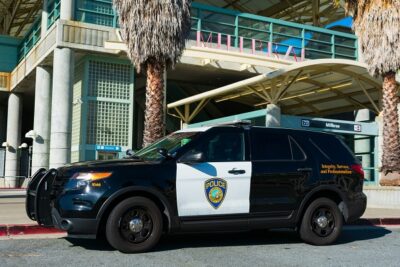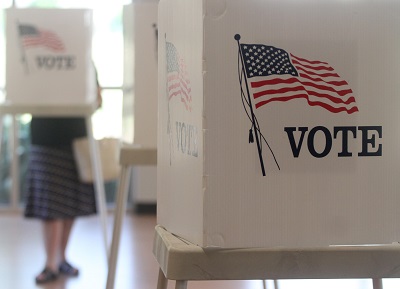BACPoll: Voters Say They’d Pay to End Awful Traffic
Bay Area voters are so frustrated with the region’s horrific traffic that they are willing to dig deep—really deep—into their pockets to solve the problem, according to 2018 Bay Area Council Poll released today (June 4).
The poll found that 42 percent of voters would pay from $3 up to $11 a day to eliminate traffic completely from their daily commute. With an estimated 3.4 million automobile and mass transit commuters in the region and 261 business days in the year, that hypothetically would translate into between $10.2 million and $37.4 million a day or up to $9.76 billion a year to do away with gridlock.
“Traffic is taking a huge toll on our quality of life, our economy, our environment, and voters are fed up,” said Jim Wunderman, President and CEO of the Bay Area Council. “Voters want solutions and they are willing to pay for it, to get back valuable time to spend with their families, in their careers and doing other activities that is being stolen from them as they sit in stop-and-go congestion.”
Some voters were willing to pay even more. The poll found 9 percent of voters would pay from $11 up to $21 a day to do away with traffic and another 4 percent said they’d fork over from $21 up to $51 for clear sailing on the Bay Area’s roads and highways.
Of course, voters also wouldn’t mind getting paid to help solve the problem, according to the Bay Area Council Poll. Asked how much it would take for them to give up their car and join a carpool, the poll found 44 percent of drivers who commute alone would give it up for carpooling if the price is right. And that price appears to be about $5, with the poll finding that 55 percent of all commuters say they would switch to carpooling for a little more than the cost of a couple gallons of gas.
It’s little wonder voters are willing to open their wallets. The poll found 64 percent of voters say getting around the Bay Area has gotten more difficult over the past year. That’s up from 25 percent in 2014. Voters also mentioned the Bay Area’s notoriously bad traffic as the region’s second biggest problem behind high housing costs.
While Bay Area voters may be willing to pay to end traffic, they were also very clear on who they think is most responsible for fixing the region’s transportation travails. The poll found that 66 percent say government agencies bear primary responsibility for improving traffic and transportation.
Negative views about the worsening commute were generally consistent across county lines, although San Francisco saw a considerable spike in voters who say the city’s traffic is making it harder and harder to get around. The percentage of voters who said San Francisco’s traffic is getting worse jumped from 47 percent in 2017 to 61 percent in 2018, the biggest increase among the region’s nine counties.
The region’s congested roadways and public transit systems are also taking a big bite out of commuters’ time. According to the Bay Area Council Poll, 50 percent of voters say their daily commute to and from work consumes from one to two hours, with one third of voters saying their two-way commute sucks 90 minutes out of their day. Contra Costa County voters spend more time than others stuck in traffic, reporting that their daily commute can stretch to 48 minutes each way.
“Our freeways are packed on a regular basis, not just at commute times. The overflow into our communities during commute periods have (sic) impacted local residents from moving around in their own communities,” said one poll respondent.
The poll results will be tested on June 5, when voters will decide on Regional Measure 3. RM3 will appear on ballots in nine Bay Area counties and asks voters to approve a plan for investing $4.5 billion on a variety of projects to ease traffic and improve mass transit. The projects would be paid for by a $3 toll increase phased in over six years on seven of the region’s state-owned bridges. The Bay Area Council is helping lead the campaign with the Silicon Valley Leadership Group and SPUR to pass RM3 and advocated for the state legislation that authorized putting it on the ballot.
The 2018 Bay Area Council Poll, which was conducted online by Oakland-based public opinion research firm EMC Research from March 20 through April 3, surveyed 1,000 registered voters from around the nine-county Bay Area about a range of issues related to economic growth, housing and transportation, drought, education and workforce.






